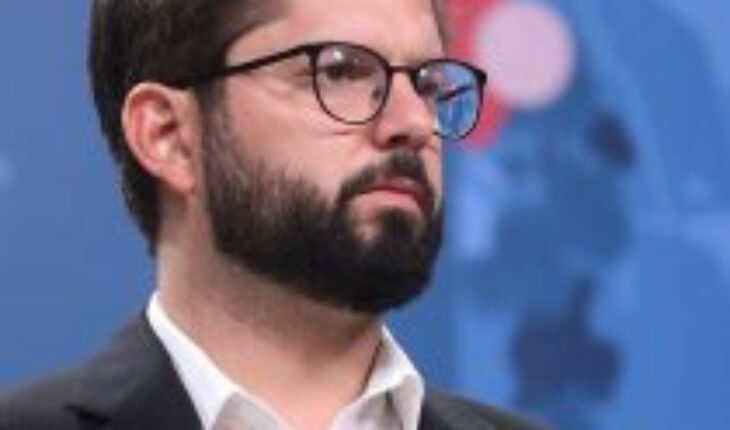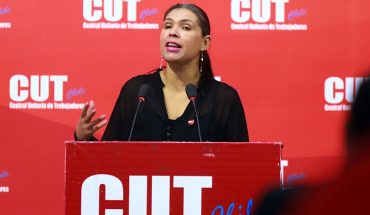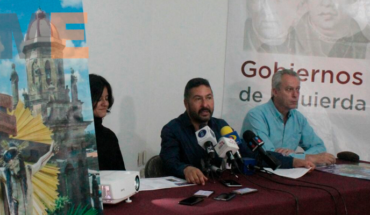With the vertiginous events that took place after the social outbreak and the beginning of the constituent process, several analysts and political leaders assumed that we were entering a phase in which changes, in different areas of Chilean society, were imminent and irreversible. Under this climate, the Government of Gabriel Boric opens in March 2022, whose management style, at times dominated by impulses and arrogance, was marked from the beginning by lacking coordination and an agenda that defined priorities. A few days after taking office, the driving and driving problems and lack of experience of several of his ministers became evident.
In fact, to the embarrassments produced on the same day of the change of command, the ministers of the political area immediately made mistakes. The most remembered was the frustrated trip of the then Minister of the Interior, Izkia Siches, to the area of La Araucanía. From then on, his presence in the cabinet resulted in a permanent source of coordination problems and tension that extended until the moment of his departure, which occurred shortly after the defeat of the plebiscite of September 4. Something similar happened with Minister Giorgio Jackson, from the president’s closest circle, who took over as head of the Ministry General Secretariat of the Presidency. Contrary to the expectations that existed about him, Jackson failed to tune into the role of articulator usually assumed by those who are nominated in that ministry. Therefore, the relationship with the National Congress was always tense; he failed to convince about the disadvantages of a fifth withdrawal and, something that had an enormous cost, from the beginning he linked the realization of the Government’s agenda with the approval of the new constitutional text.
The Boric government took office without having a majority in either chamber of the National Congress, an issue that prevented progress on many of the issues proposed in its program and, above all, on its ambitious agenda of structural reforms. In turn, unlike what has happened since 1990, the Boric Government was constituted as one in which two coalitions coexist that have entered into opposition for ideological and programmatic aspects.
As a result of the above, and contrary to what was proposed in the first weeks of his inauguration, it was impossible for Boric’s government to be a government of major structural transformations, even if the new text was approved, for the mere fact of lacking majorities for the approval of its bills and the realization of the eventual new regulatory framework. At most, one could bet on a sort of “transitional government”. Over time, and especially after the defeat in the exit plebiscite, held on September 4, it became clear that the idea of a government of transformations and even of a “transitional government” had to be discarded for the rest of its constitutional term. By simple lethargy, the Boric government had been transformed into a government only capable of administering, although still with difficulties.
With the arrival of the summer period, the ruling party recognized some achievements despite the internal tensions and obstacles faced within the National Congress. Representatives of the ruling party spoke of a fiscal surplus, a reduction in the price of the dollar and fuel, as well as a rebound in investment. However, none of this can be recognized as an achievement of the Government’s management and the leadership capacity of some of its ministers; Rather, they were coincidences, unexpected consequences and even situations contrary to the convictions of those who are part of the ruling party.
In fact, strictly speaking, the main project approved during the first year of Boric’s government, the TPP11, was an initiative that was opposed, being a deputy, by the President himself and other parliamentarians of the ruling coalition Apruebo Dignidad (made up of the Communist Party and the Broad Front), with the exception of the Minister of Finance and other representatives of the so-called Democratic Socialism. The fiscal surplus was not the result of decisions taken by the current Government but of the previous one, that is, of the budget item sent by the Government of Sebastián Piñera at the end of his mandate. The rebound in investment and the recent increase in the Monthly Index of Economic Activity (Imacec), derived from growth in that sector that arouses the most criticism in the ruling party, the “extractivist model” predominant in mining.
Despite this fleeting optimism, in recent days other conditioning elements of the agenda for the second year have emerged. On the one hand, the price of fuel rises again and, on the other, on March 8 the Chamber of Deputies rejects the idea of legislating the tax reform project proposed by the Government, following defections produced in the official ranks. Clearly, the possibility of financing a large part of the social agenda, as well as initiatives in health, social security and education, is frustrated. To this is added what has been the weakest point of the Government: the fight against crime, increased throughout the national territory. In foreign policy, sloppiness and ambiguity have prevailed; In the areas of sport and culture, management has been irrelevant; And in education, one of the subjects in which management was supposed to exist, there have been no achievements of any kind.
Undoubtedly, the Government begins a second year with a series of unresolved difficulties and tensions. A second year that has, among its challenges, to face a new constituent process that includes the election of a Constitutional Council next May.
Follow us on
The content expressed in this opinion column is the sole responsibility of its author, and does not necessarily reflect the editorial line or position of El Mostrador.





